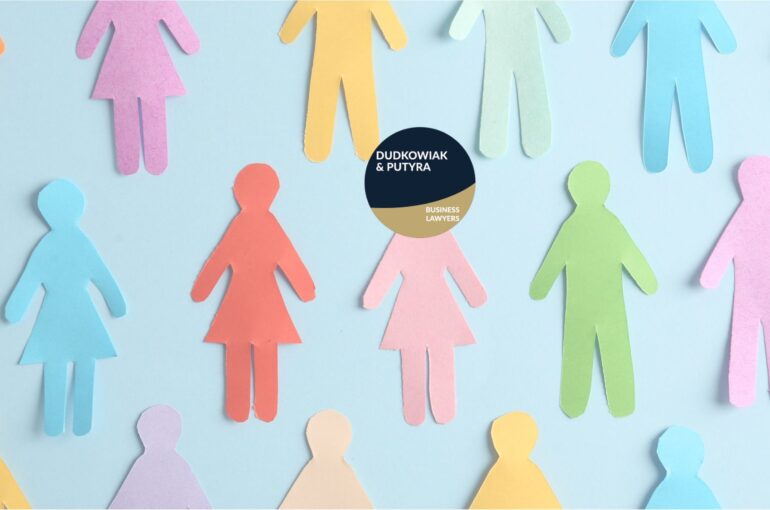To control or not? A few words about the admissibility of conducting sobriety tests of employees
There is no doubt that an employee’s stay in a place and time of work in a state of intoxication or after using alcohol can be treated as a serious violation of basic employee duties. There is also no controversy about the fact that the employer has not only the right but also the obligation to control the sobriety of the employees he employs, and if it is found that the employee has breached the duty of sobriety, the employer is obliged not to allow the employee to work.
The essence of the problem boils down to the methods that the employer can use for the purposes of conducting such a control and assessing their credibility. This issue was analyzed in the recently published ruling of the Supreme Court of 4th of December 2018 (reference number I PK 194/17).
In the justification for the decision, the Supreme Court pointed out that, first, the determination of the employee’s sobriety can be made by observing the behavior. This is the basic and undisputed method of controlling the sobriety of the employee, and at the same time plays a key role in the sobriety testing process. It consists in observing the appearance of the employee and his behavior in terms of identifying signs typical of alcohol consumption – a specific smell, unsteady gait and speech disorders.
Secondly, it is possible to subject the employee to an examination to determine the alcohol content in his body. This method is often the next step in the verification of the employee’s sobriety, when the observation of the employee’s behavior raises doubts in this regard. The conditions for the admissibility of subjecting an employee to the examination of sobriety are determined primarily by art. 17 section 3 of the Act on Upbringing in Sobriety, which provides that the examination of the sobriety of an employee is carried out by a competent body appointed to protect public order at the request of the head of the workplace, a person authorized by him or at the request of an employee in relation to which there is reasonable suspicion of his condition. This provision raises significant interpretation doubts, as the issue of the admissibility of carrying out the sobriety test by the employer himself or a person authorized by him through the use of a sobriety tester, i.e. a popular breathalyzer, before the change of the regulation as of 1 July 2011, is not entirely clear. it was not subject to discussion (and what was considered acceptable). The „authorized bodies appointed to protect public order” undoubtedly include the Police and municipal (city) guards, while the circle of such entities excludes internal security services. Consequently, the Supreme Court is of the opinion that art. 17 section 3 first sentence of the Act on Upbringing in Sobriety in the wording effective from 1 July 2011 should be interpreted in such a way that no security officer employed by the employer (or other person authorized by the employer) is authorized to conduct a sobriety test nor a representative of the entity conducting the business activity in the area of protection of persons and property.
Does it mean, therefore, that employers have lost the ability to control the sobriety of employed employees on their own?
Well, no. The interpretation made by the Supreme Court does not so much prohibit the conduct of sobriety tests by employers, as it indicates a possible undermining of the evidential value of such a test. As the Supreme Court explains, the employee’s own testing of an employee’s sobriety by any testing means, if the employee agrees to such an examination, has only the impact that if the employer’s suspicions about the employee’s drunkenness are confirmed, the employer (manager of the workplace or other authorized person) should immediately call an authorized body appointed to protect the public order to conduct a formal examination. Only a survey carried out by a police officer or a guard of a municipal (municipal) guard has a full evidential value, while a survey conducted by an employer can be effectively challenged by an employee.
If, therefore, the employee’s breathalyzer test indicates a positive result, wanting to draw consequences against the employee, the employer or other authorized person should call the police or municipal police in order to obtain a formal confirmation of the fact that the employee stays in the workplace under the influence of alcohol.


